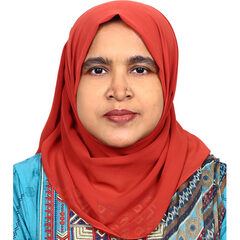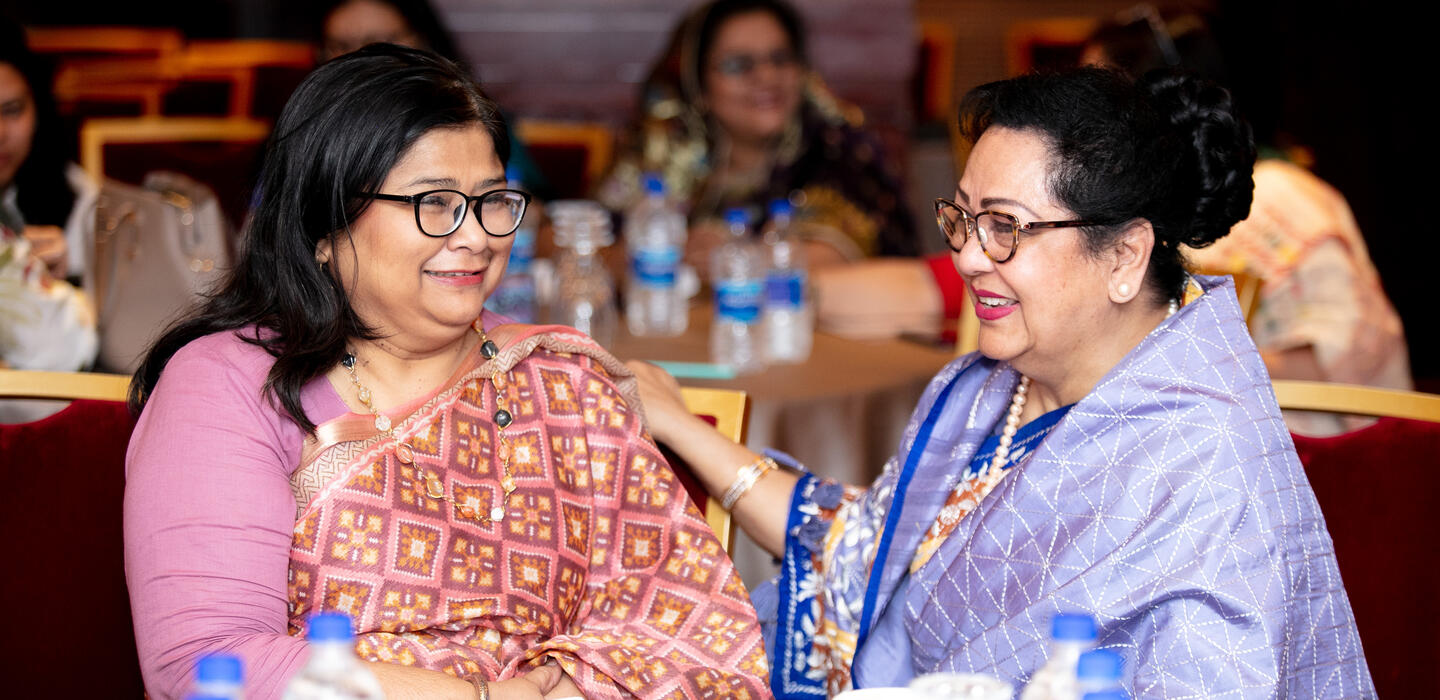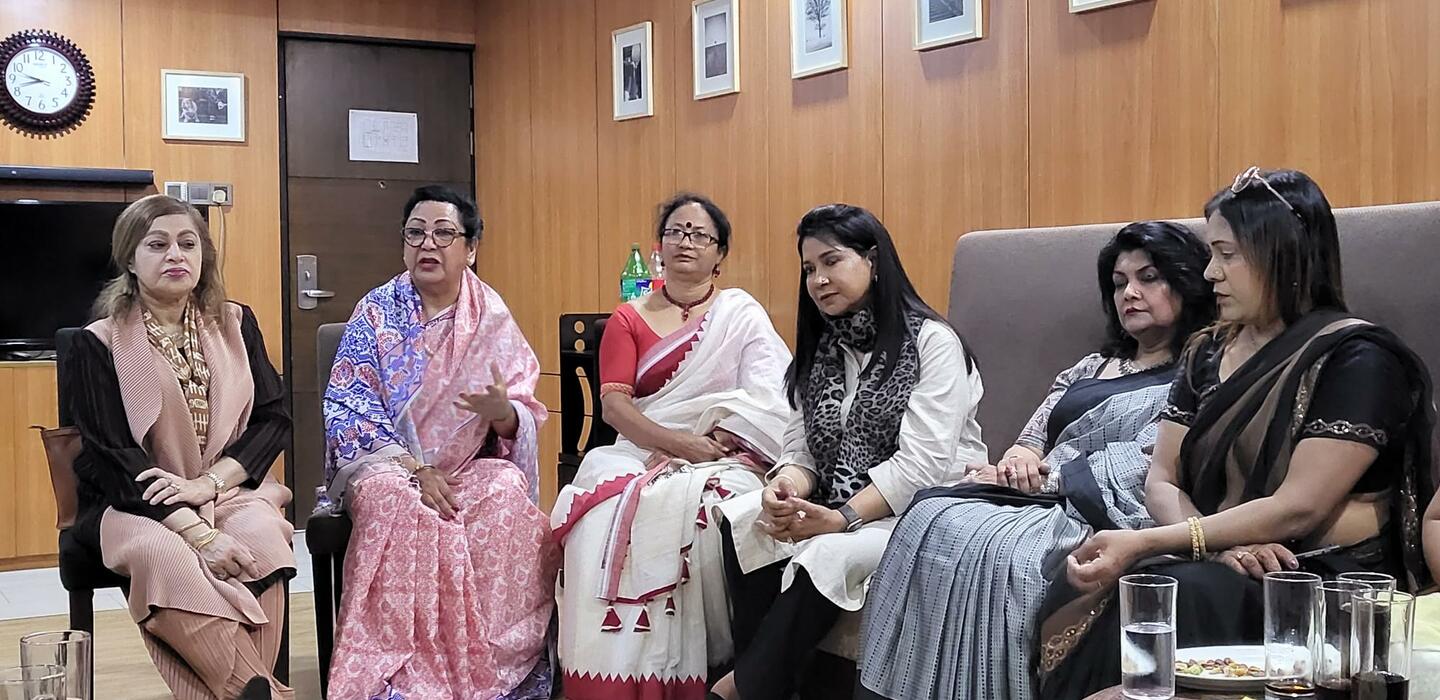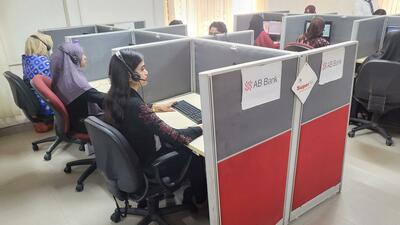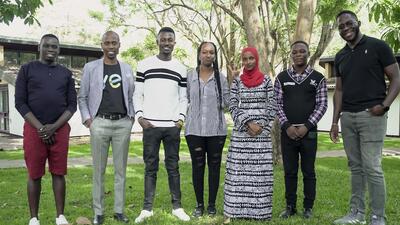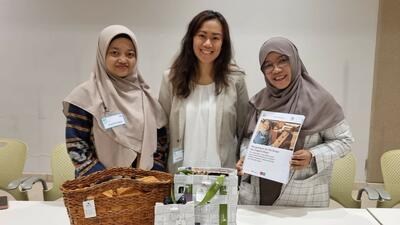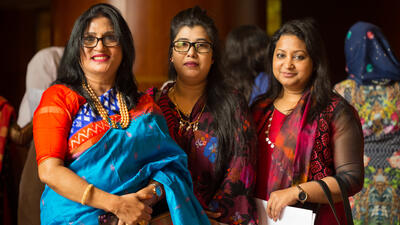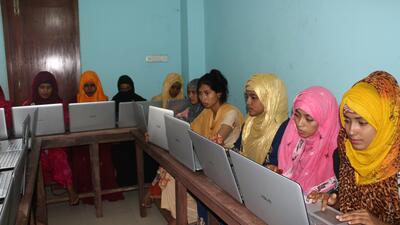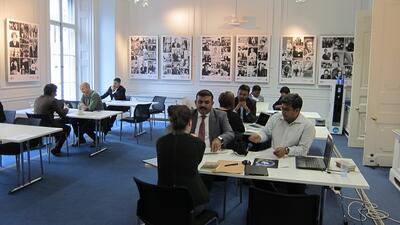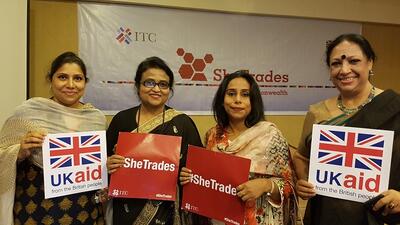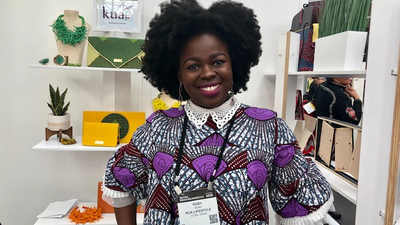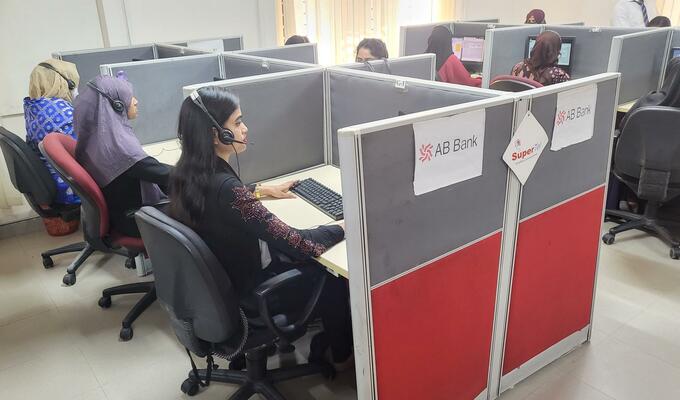
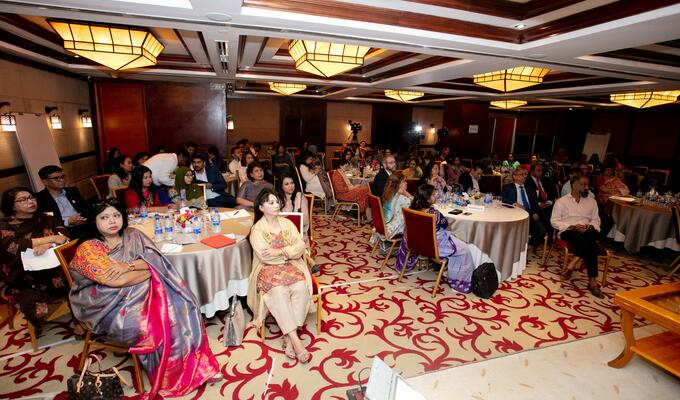
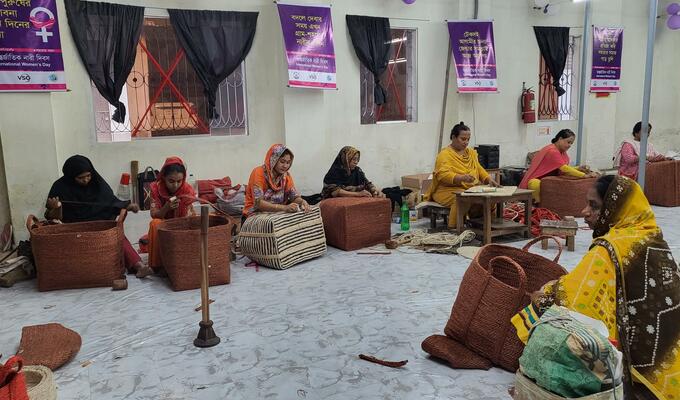
New Bangladesh policy to see more government contracts awarded to women
Bangladesh’s new Sustainable Public Procurement (SPP) Policy will help women-led businesses to better compete for public contracts.
Governments spend 12 percent of global economic output on public procurement, yet only one percent of this goes to women-led businesses.
Women entrepreneurs today face significant challenges in public procurement markets: inadequate policies to identify, register and favour women-led businesses, complex processes, gender-based discrimination, and a lack of information, skills, finance and networks.
To reduce such barriers, policymakers and procuring entities can implement targeted measures and strategies to support women with winning more public contracts. The first step to harnessing the untapped potential of public procurement for women’s economic empowerment is understanding their specific needs and challenges.
On 10 December 2023, the Government of Bangladesh adopted the Sustainable Public Procurement Policy to promote Bangladeshi women entrepreneurs’ participation in public procurement. The new policy aims to simplify tender documentation, divide contracts into smaller lots, limit the number of lots awarded to a single bidder and allow more time for applicants to submit their expressions of interest.
Supporting inclusive policymaking in Bangladesh
Since 2021, ITC SheTrades Initiative has collaborated with the Business Initiative Leading Development (BUILD), the Public Procurement Research Centre (PPRC), the Bangladesh Public Procurement Authority (BPPA), other government authorities and women’s organizations to advance gender-responsive public procurement policies in the country.
Through the SheTrades Commonwealth+ Programme, a series of policy dialogues looked at gender-responsive public procurement. A baseline study examined women’s participation in bidding for public contracts, and policy recommendations were made to the public procurement act.
The policy dialogues engaged government officials and women entrepreneurs to better incorporate gender considerations into public procurement. Stakeholders identified specific challenges and learned about possible solutions, based on ITC’s step-by-step guide for policymakers on Making Public Procurement Work for Women.
The baseline study revealed the need to collect data on women-led businesses participating in public procurement and adopt a standard definition of a women-led or -owned business. In addition, simplifying the bidding process and establishing targets for awarding public contracts to women-led businesses can enhance women’s participation in public procurement.
In April 2023, ITC SheTrades also provided policy recommendations to the draft SPP. These included suggestions to offer smaller lots instead of large contracts, adopt a preferential scheme for women-led businesses, and consider targeted assistance strategies including subcontracting, reservations or price preferences — as outlined in the step-by-step guide.
ITC will continue to collaborate with relevant stakeholders in Bangladesh to ensure the SPP’s implementation, advocate for targeted assistance strategies for women and monitor progress and results.
About the ITC-UN Women Global Campaign on Gender-Responsive Public Procurement
On 11 March 2024, during the 68th Session of the Commission on the Status of Women (CSW68), ITC and UN Women are joining forces to launch a global campaign on gender-responsive public procurement to accelerate the movement and garner high-level support. Governments as well as international and regional organizations are invited to join the global campaign by submitting a statement of support or making a pledge before the launch. For more information, please contact womenandtrade [at] intracen.org (womenandtrade[at]intracen[dot]org).
About ITC SheTrades Outlook
SheTrades Outlook is ITC’s policy tool to promote more inclusive policies and data. It covers 55 indicators and six pillars to help stakeholders assess, monitor, and improve the institutional ecosystem for women’s participation in business and international trade. SheTrades Outlook is funded by the SheTrades Commonwealth+ Programme.
In 2019, ITC rolled out SheTrades Outlook in Bangladesh and collected data from 13 national institutions and six private sector organizations. A policy brief presenting analyses and recommendations for Bangladesh to improve its policy ecosystem for women is available on the SheTrades Outlook platform. The policy brief is available here.
About ITC SheTrades Commonwealth+ Programme
Financed by UK International Development and launched in April 2018, the SheTrades Commonwealth+ Programme aims to foster an enabling gender-inclusive business ecosystem by promoting inclusive policy and data and engaging business support organizations, private-sector partners, and women-led businesses in the Commonwealth+ countries.






